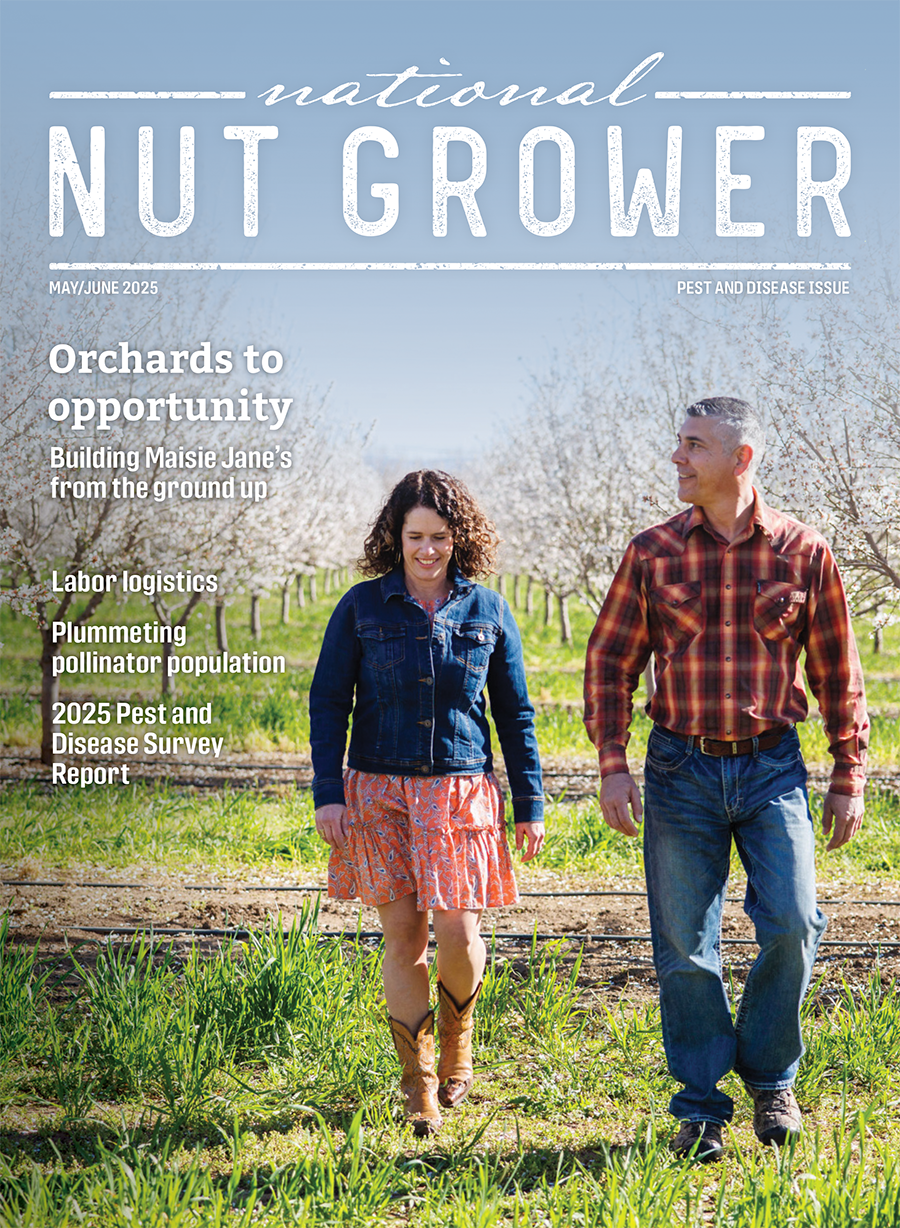Apr 10, 2023CDFAgriculture awards $1.1 million to support integrated pest management
The California Department of Food and Agriculture (CDFA) has awarded $1.1 million in funding to support two integrated pest management technical assistance (TA) projects. The projects will help growers implement integrated pest management practices.
What is IPM?
Integrated pest management, or IPM, is an ecosystem-based strategy that focuses on the long-term prevention of pests through a combination of techniques such as biological control, habitat manipulation, modification of agricultural practices, and use of resistant plant varieties. Deciding what pest control tool to use can be complex, and technical assistance can provide growers with information about how to best control pests on their operations.
Investments
These investments align with the state’s new pest management strategic planning document, Accelerating Sustainable Pest Management: A Roadmap for California, which seeks to guide a transition toward the adoption of safer, sustainable pest control practices.
“Moving to more sustainable pest management won’t occur overnight,” Karen Ross, secretary for CDFA, said. “We have to develop the expertise to use IPM techniques in the field, both for technical assistance providers and the growers who benefit from their knowledge. These investments will help achieve that.”
Community Alliance with Family Farmers
The Community Alliance with Family Farmers (CAFF) will receive $600,000 over four years to help primarily small-scale, diversified farmers overcome informational and financial barriers to implementing IPM practices. Small-scale growers face several challenges related to pest management, including limited access to resources and information.
CAFF will first organize a steering committee of the University of California Cooperative Extension (UCCE) advisors, pest control advisers (PCAs), and other experts currently serving small-scale farmers to identify effective IPM practices and protocols for community growers. These tools will then be used to tailor approaches to individual growers through one-on-one sessions, and a pilot incentives program will be created to help growers with the transition. Finally, this project will establish sustainable pest management farmer forums to facilitate knowledge-sharing and networking among growers, PCAs, and other technical assistance providers.
University of California Organic Agriculture Institute
The University of California Organic Agriculture Institute will receive $510,000 for an area advisor in organic agriculture position for three years — to provide technical assistance to certified and in-transition organic farmers in the San Joaquin Valley as well as any farmers interested in using organic practices. While not all organic farmers practice IPM, many successful organic systems rely on IPM techniques.









